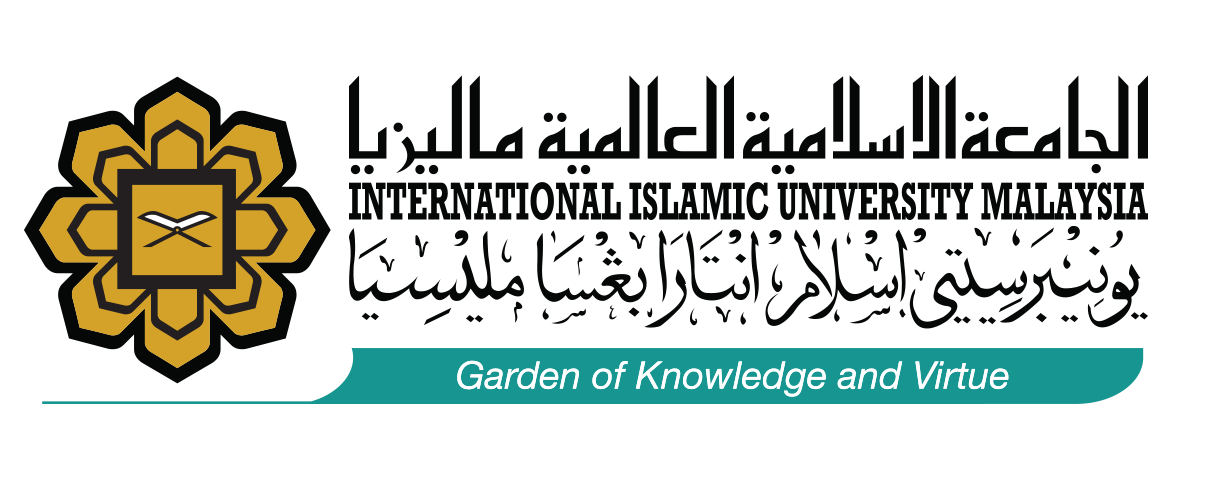What is Engineering Accreditation Council (EAC)?
Engineering Accreditation Council (EAC) is the body delegated by the Board of Engineers Malaysia (BEM) for accreditation of engineering degree programmes. The EAC was established in 2000, comprising representatives from the BEM,The Institution of Engineers Malaysia (IEM), Malaysian Qualifications Agency (MQA) (formerly known as Lembaga Akreditasi Negara), and the Public Services Department (PSD). Since its establishment, the EAC through the Engineering Accreditation Department (EAD – established officially in 2006) has ensured that through the accreditation process, the qualities of graduates of accredited programmes enhanced. Accredited programmes are placed in the EAC and MQA registers.
12 Programme Outcomes (POs)
1. Engineering Knowledge – Apply knowledge of mathematics, natural science, engineering fundamentals and an engineering specialisation as specified in WK1 to WK4 respectively to the solution of complex engineering problems;
2. Problem Analysis – Identify, formulate, conduct research literature and analyse complex engineering problems reaching substantiated conclusions using first principles of mathematics, natural sciences and engineering sciences (WK1 to WK4);
3. Design/Development of Solutions – Design solutions for complex engineering problems and design systems, components or processes that meet specified needs with appropriate consideration for public health and safety, cultural, societal, and environmental considerations (WK5);
4. Investigation – Conduct investigation of complex engineering problems using research-based knowledge (WK8) and research methods including design of experiments, analysis and interpretation of data, and synthesis of information to provide valid conclusions;
5. Modern Tool Usage – Create, select and apply appropriate techniques, resources, and modern engineering and IT tools, including prediction and modelling, to complex engineering problems, with an understanding of the limitations (WK6);
6. The Engineer and Society – Apply reasoning informed by contextual knowledge to assess societal, health, safety, legal and cultural issues and the consequent responsibilities relevant to professional engineering practice and solutions to complex engineering problems (WK7);
7. Environment and Sustainability – Understand and evaluate the sustainability and impact of professional engineering work in the solutions of complex engineering problems in societal and environmental contexts. (WK7);
8. Ethics – Apply ethical principles and commit to professional ethics and responsibilities and norms of engineering practice (WK7);
9. Individual and Team Work – Function effectively as an individual, and as a member or leader in diverse teams and in multi-disciplinary settings;
10. Communication – Communicate effectively on complex engineering activities with the engineering community and with society at large, such as being able to comprehend and write effective reports and design documentation, make effective presentations, and give and receive clear instructions;
11. Life Long Learning – Recognise the need for, and have the preparation and ability to engage in independent and life-long learning in the broadest context of technological change.
12. Project Management and Finance – Demonstrate knowledge and understanding of engineering management principles and economic decision- making and apply these to one’s own work, as a member and leader in a team, to manage projects in multidisciplinary environments;
The Programme Educational Objectives (PEOs)
The Programme Educational Objectives (PEOs) for the Manufacturing/Materials Engineering programme describe the accomplishments that graduates are expected to attain within three (3) to five (5) years upon
graduation.
The PEOs are dedicated to preparing the students in achieving advancement in careers at both the national and international level, for the betterment of society, to be involved in entrepreneurial activities and to engage in lifelong learning. Therefore, the PEOs become the main platform on which the Programme Outcomes (POs) and Learning Outcomes (LOs) are structured. The PEOs are as below:
- Graduates who advance in career and professional standing nationally or internationally based on leadership and/or technical expertise in Manufacturing/Materials Engineering or related fields.
- Graduates who demonstrate moral and professional commitment for the betterment of society.
- Graduates who engage in entrepreneurial activities that apply engineering knowledge and technical skills.
- Graduates who engage in lifelong learning through postgraduate education and/or continuous professional development.
Outcome Based Education (OBE)
- An approach that focuses on the attainment of intended learning outcomes where students develop behaviours that are authentic to their discipline and are assessed holistically within the context of their learning.
- Clearly focuses and organizes everything in an educational system around what is essential for all students to be able to do successfully at the end of their learning experiences.
- Starting with a clear picture of what is important for all students to be able to do, then organizing curriculum (outcome), instruction (activity), and assessment to make sure this learning ultimately happens.
